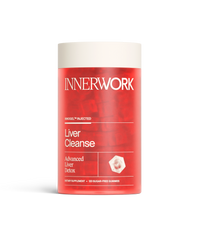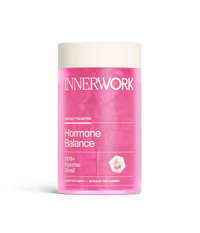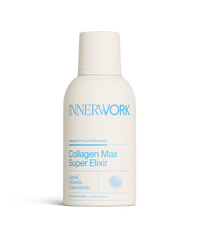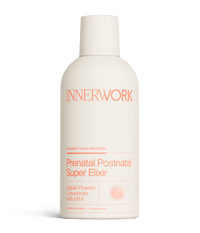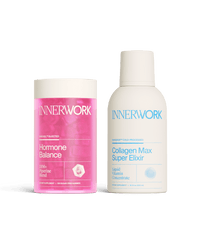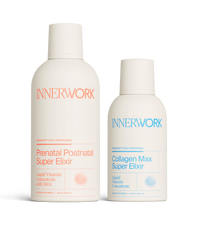The body's circadian rhythm influences numerous processes, including digestion, metabolism, and hormone production. Aligning supplement intake with these natural cycles can potentially enhance their effectiveness. Morning intake of energy-boosting and metabolic supplements, such as multivitamins and B-complex vitamins, capitalizes on the body's natural energy surge upon waking. These water-soluble vitamins, particularly B vitamins, are often better absorbed on an empty stomach, providing a natural energy lift to start the day.
Probiotics, beneficial for gut health, are best consumed in the morning before the first meal. This timing allows the microorganisms to pass through the stomach with minimal exposure to stomach acid, enhancing their chances of effectively colonizing the gut. The reduced acidity in the stomach upon waking provides an optimal environment for probiotic survival and efficacy.
Afternoon supplementation can focus on cognitive and immune support. Omega-3 fatty acids, such as those found in fish oil, are ideally taken with meals, preferably in the afternoon. The presence of dietary fats enhances the absorption of these essential fatty acids, supporting brain function and maintaining focus during the latter part of the day. Vitamin C, a potent antioxidant supporting immune function, can be split between morning and afternoon doses to maintain adequate levels throughout the day, given its water-soluble nature and the body's inability to store it.
Evening supplementation can prepare the body for rest and repair. Magnesium, known for its calming effects and role in muscle relaxation, is an excellent candidate for nighttime supplementation. It supports the body's repair processes, which are most active during sleep. Melatonin, a hormone regulating sleep-wake cycles, can be taken 30 minutes to an hour before bedtime to signal the body's transition to sleep, particularly beneficial for those struggling with sleep onset or jet lag.
Certain supplements require specialized timing considerations. Iron, best absorbed on an empty stomach, is typically taken in the morning or between meals. However, for individuals experiencing stomach discomfort, taking iron with a small amount of food that doesn't contain calcium or caffeine might be necessary. Calcium, which competes with iron for absorption, is better taken in the evening when the body's need for calcium is higher due to nocturnal bone remodeling processes.
The role of food in supplement absorption cannot be overstated. Fat-soluble vitamins (A, D, E, and K) require dietary fats for proper absorption, making it beneficial to take these vitamins with meals containing healthy fats. Conversely, some supplements, like certain probiotics, are more effective when taken on an empty stomach to avoid interference from food.
While optimizing supplement timing can enhance efficacy, it's crucial to remember that supplements are intended to complement, not replace, a nutritious diet. As Dr. Perez-Gallardo notes, a balanced diet rich in fruits, vegetables, protein, and grains remains the best source of vitamins and minerals. Consultation with healthcare providers is essential before initiating any new supplement regimen, especially for individuals who are pregnant, breastfeeding, have chronic health conditions, or take medications that might interact with supplements.
Consistency in supplement intake is paramount, regardless of the specific timing strategy employed. Regular, scheduled supplementation helps the body establish a routine, enhancing nutrient absorption and utilization. Developing a daily supplement schedule can foster habit formation, ensuring consistent intake.
In conclusion, strategic timing of supplement intake, aligned with the body's natural rhythms and considering nutrient interactions, can significantly enhance the benefits of supplementation. This nuanced approach to supplement timing, combined with a balanced diet and consultation with healthcare professionals, offers a comprehensive strategy for supporting overall health and well-being. By incorporating these insights into daily routines, individuals can optimize their supplement regimens, ensuring they're supporting their bodies in the most effective way possible.
References:
- Best Time to Take Vitamins (morning, afternoon or evening) - Active Iron
- What is the best time to take your vitamins? - Countrylife vitamins
- Is there a right time to take vitamins? - Verywellmind
- Cleveland Clinic: "The Best Time to Take Vitamins"
- Medical News Today: "The best time to take vitamins: Recommendations for different types"

